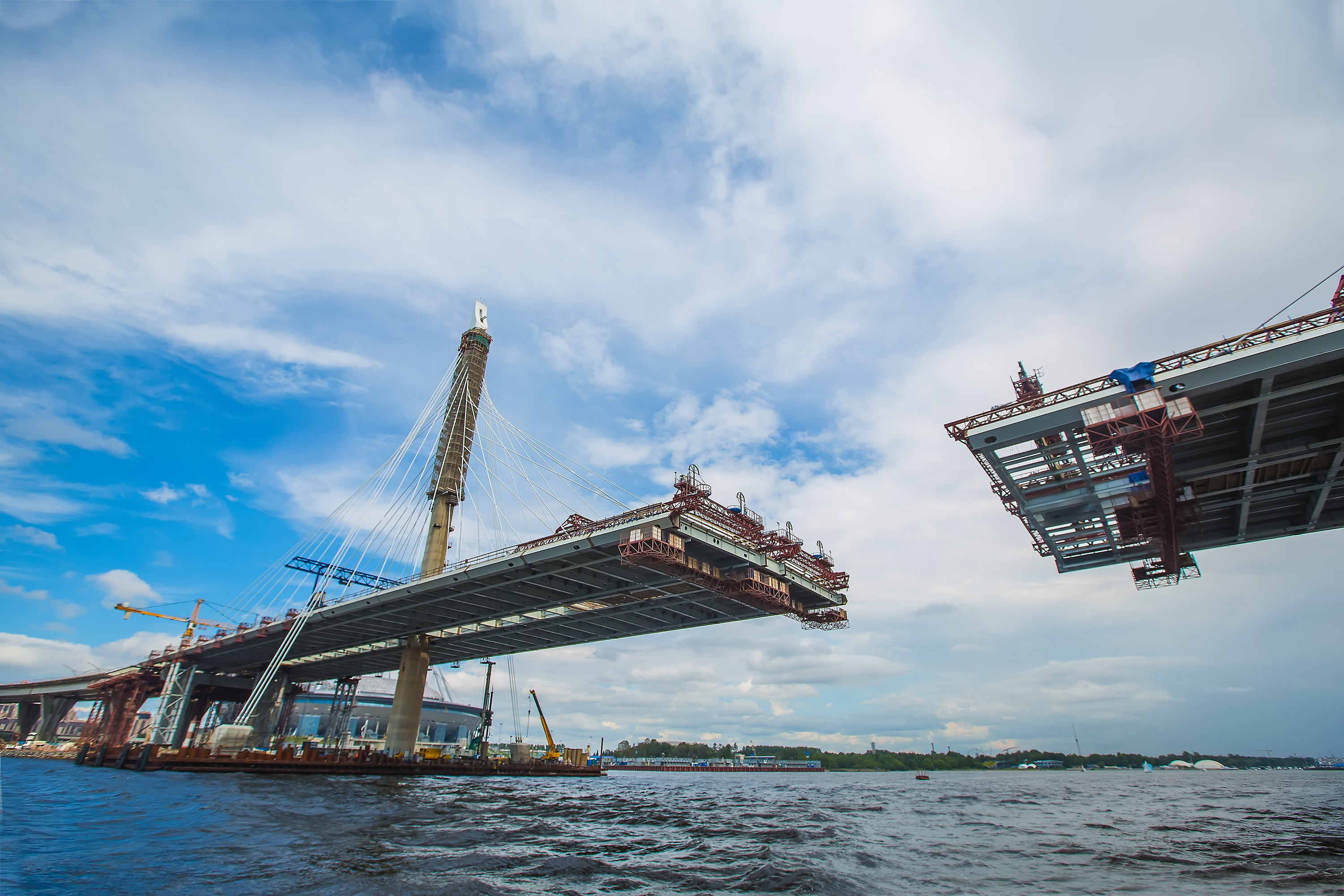
Nicholas Verna,
Regional Head of Surety, Allianz Trade Americas

Q: What are the main areas of surety bonds and how do they differ?
The legislative environment covering surety bonds varies widely around the globe. That’s why it’s important to work with a company that has a global perspective backed by local expertise. Most bonded obligations in the US, for example, are mandated by law. As a result, the US is the largest surety market in the world, accounting for well over half of the estimated $14 billion of bonds that were issued globally in 2021. In fact, whenever public funding is involved in a project, there must be a bond in place to protect the performance and ensure the public authority is protected for the work that it’s contracted. But there are bond obligations that are not mandated by law, where a private developer requires that a project is bonded so the contractual obligations are protected.
In the US, on the construction bond side, companies need to post 100% performance or payment bonds to secure a contract and, if they fail to fulfil their obligations, the bond issuer can hire replacement contractors – which is one reason we don’t see banks in this space. In Europe, a bond might be 10-30% of the total value of the contract, and in the case of a default, there’s a payment to the project owner.
No matter where your bond is being placed, though, what’s important is to work with a surety provider whose team knows the local rules and can ensure the bond conditions being placed on you are appropriate and fair.
Q: Why is international reach so important when choosing a surety provider?
When a company needs a bond to support a contract in a different part of the world, it can be much easier – and more cost effective – to make use of the facilities of a company with a global network, such as Allianz Trade, to issue those bonds.
Having operations around the world, Allianz Trade can easily contact counterparts in the country where you need the bond, and our local underwriting teams will feed back on the acceptability of the bond and write the bond on your behalf with our guarantee. An issuer without that kind of international reach typically needs to structure some kind of fronting arrangement with a local third party, which can involve high fees and longer timescales. So, by working with a bond provider with a broad global footprint – like Allianz Trade – your organization can have bonds issued rapidly, sometimes in a matter of hours rather than, perhaps, having to wait weeks.
As well as individual bonds, a company might need a broader facility for tens or even hundreds of millions of dollars to support multiple contracts in a country where it has multiple potential or active contracts. However, it is important to note that such facilities are not just for large companies – Allianz Trade also works with lots of small and medium-size business where the need might be for a facility of US$500,000. So, all sizes of projects can be covered.
Surety providers can issue the same variety of bonds as any bank. But there are good reasons to access a bond and guarantee from an insurer rather than a bank. Four stand out:
- It frees up liquidity as it is separate from a company’s line of credit with their bank
- Global insurers, such as Allianz Trade, offer local support in the country you want to do business in. We more than 230 expert local surety underwriters on the ground in different countries around the world to advise you on local rules that might impact your bond
- For insurance companies, surety is a core product offering, which might not be the case with many banks
- The credit ratings of larger insurance companies are typically stronger. Alliance Trade’s AA rating, for example, offers a level of security, which is likely to be welcomed by your customer, and is a reassurance equally valued by brokers.
Joint ventures can be covered as can projects that span international borders. Some of the facilities or programs Allianz Trade puts in place can be large – perhaps too large for one surety company to have on its individual balance. So, in that case we get together with other surety companies or banks and establish a co-surety relationship, each taking a percentage of the bonds issued under that account.
That’s especially the case with large infrastructure projects, where one contractor doesn't have the breadth of capabilities to do all the work. So, you might have a railway contractor, a rail car contractor and a tunnelling expert partnering to bid for an entire rail system. We might be involved in a surety relationship with one or more of those parties or as a co-surety.
And that complexity is also compounded by international elements. A US contractor might be partnering with an international contractor to go after a specialty type project. And in that instance, we can find ourselves being the surety for the US contractor and perhaps one of our other branches in another country being the surety for the international contractor. Given our global footprint and legal and underwriting expertise, we tend to be involved in many different aspects of joint-venture projects.
Our broker partners are highly valued due to their close interaction their clients – who hopefully become our clients too. Those partners have insight into multiple surety products, which naturally keeps us sharp on performance and conditions – to the benefit of our clients. Partners also extend our global footprint and local expertise even further.
In the US, especially, where surety is 100% broker-driven, brokers naturally play a fundamental role at a national, regional, and local level. And, increasingly, elsewhere in the world, brokers are contributing more and more to the business of surety bonds.
